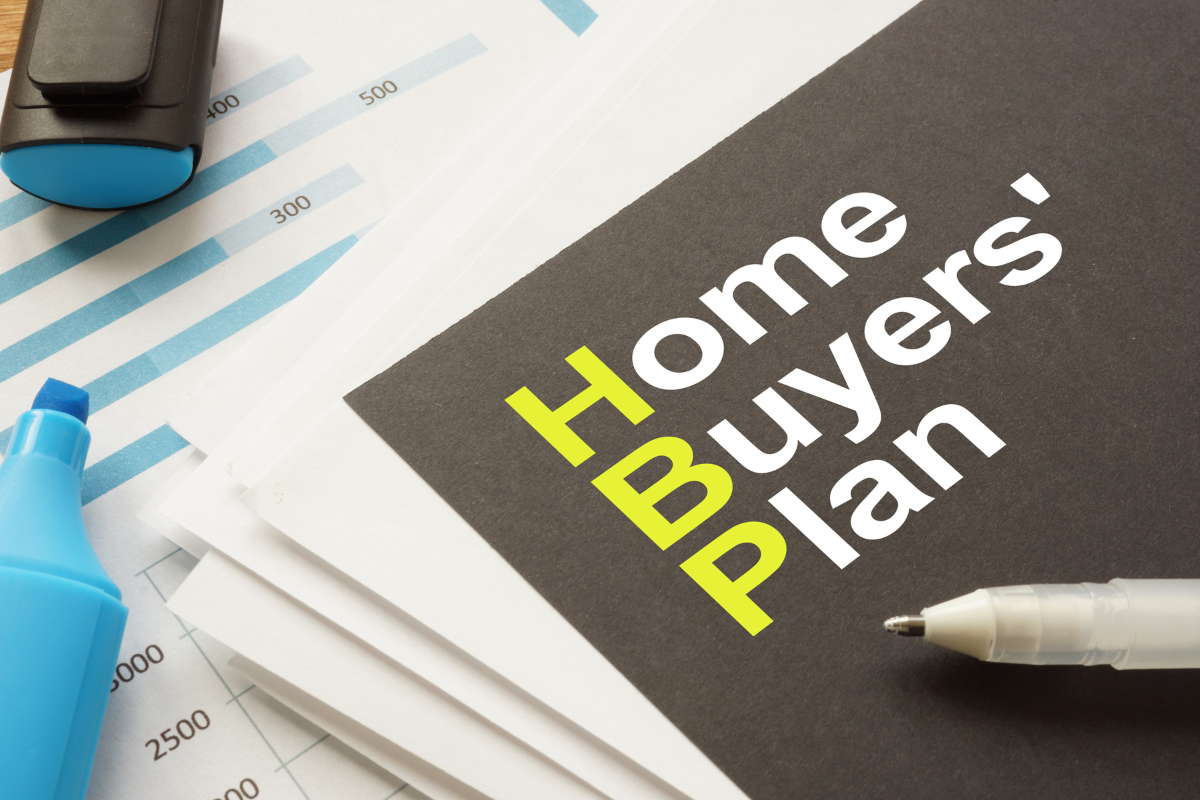Determining your home-buying budget is a crucial step toward becoming a homeowner. It sets the foundation for a financially responsible and stress-free home-buying experience. By following a few practical steps, you can assess your financial situation, understand your limitations, and make an informed decision about how much you can afford to spend. In this blog post, we will walk you through the essential considerations to help you determine your home-buying budget effectively.
- Evaluate Your Finances: Start by evaluating your current financial situation. Calculate your monthly income and subtract all necessary expenses such as utilities, groceries, transportation, and debt repayments. Analyzing your spending habits will help you identify areas where you can cut back or save more. This evaluation provides a clear starting point for determining your home-buying budget.
- Consider Your Debt-to-Income Ratio: Lenders use the debt-to-income ratio (DTI) to assess how much mortgage you can afford. DTI is the percentage of your monthly income that goes towards debt payments. Lower DTI indicates a more manageable financial situation. Calculate your DTI by dividing your total monthly debt payments by your gross monthly income. Most lenders prefer a DTI of 43% or less, including your mortgage payment.
- Save for a Down Payment: Saving for a down payment is a critical aspect of determining your home-buying budget. A larger down payment reduces your mortgage amount, and monthly payments, and may even lower your interest rate. Aim for a down payment of at least 20% of the home’s purchase price to avoid private mortgage insurance (PMI). However, if you cannot afford a 20% down payment, various loan programs offer more flexible options.
- Consider Additional Costs: In addition to the purchase price, there are additional costs associated with buying a home. These include closing costs, property taxes, homeowner’s insurance, and maintenance expenses. Research these costs in your area to estimate the amount you’ll need to cover them. Adding these expenses to your budget will give you a more accurate understanding of the overall financial commitment of homeownership.
- Get Pre-Approved: Before you start house hunting, it’s wise to get pre-approved for a mortgage. This process involves providing your financial information to the lender, who will determine how much they’re willing to lend you. Having a pre-approval letter gives you a clear idea of your budget and enhances your credibility as a serious buyer when making an offer.
- Set Realistic Expectations: While it’s essential to determine your budget, it’s equally important to set realistic expectations about the type of home you can afford. Consider factors such as location, size, amenities, and your long-term goals. Remember that your budget should reflect not only your current financial situation but also your future plans.
Determining your home-buying budget is a vital step towards responsible homeownership. By evaluating your finances, considering your debt-to-income ratio, saving for a down payment, factoring in additional costs, getting pre-approved, and setting realistic expectations, you can establish a practical budget that aligns with your financial goals. Remember, buying a home is a significant long-term commitment, and being financially prepared will ensure a smoother and more enjoyable home-buying experience.
See Ya Real Soon,

C.V. Williams Realtor®

